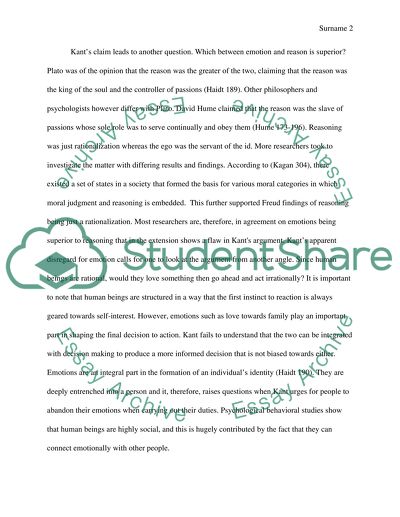Cite this document
(“Immanuel Kant Moral Theory Essay Example | Topics and Well Written Essays - 1000 words”, n.d.)
Immanuel Kant Moral Theory Essay Example | Topics and Well Written Essays - 1000 words. Retrieved from https://studentshare.org/philosophy/1670090-immanuel-kant-moral-theory
Immanuel Kant Moral Theory Essay Example | Topics and Well Written Essays - 1000 words. Retrieved from https://studentshare.org/philosophy/1670090-immanuel-kant-moral-theory
(Immanuel Kant Moral Theory Essay Example | Topics and Well Written Essays - 1000 Words)
Immanuel Kant Moral Theory Essay Example | Topics and Well Written Essays - 1000 Words. https://studentshare.org/philosophy/1670090-immanuel-kant-moral-theory.
Immanuel Kant Moral Theory Essay Example | Topics and Well Written Essays - 1000 Words. https://studentshare.org/philosophy/1670090-immanuel-kant-moral-theory.
“Immanuel Kant Moral Theory Essay Example | Topics and Well Written Essays - 1000 Words”, n.d. https://studentshare.org/philosophy/1670090-immanuel-kant-moral-theory.


